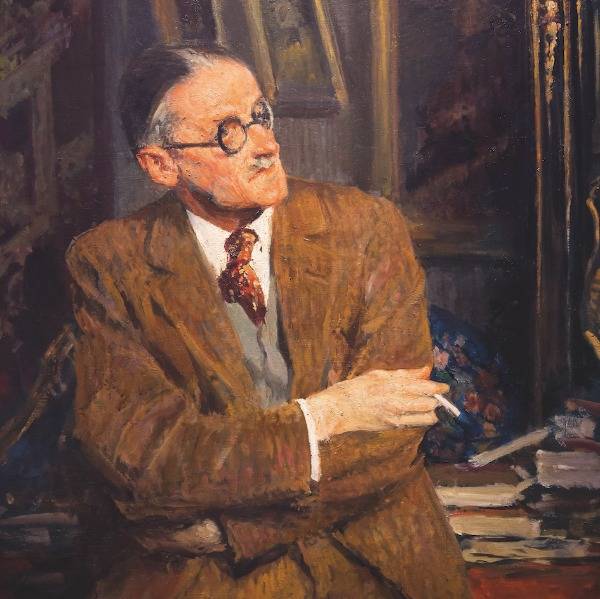As 2016 gets underway, the humanist omens are not auspicious.
In Britain, the political environment has seldom been more hostile to the causes that humanists espouse, either on the secularist front – trying to achieve a society without discrimination or privilege on religious grounds – or on the ethical front - promoting policies prizing human dignity, freedom, and autonomy. Last year, the Commons defeated a modest proposal to legalise assisted dying for a few by a greater than ever majority. This showed that the Parliament we will have until 2020 has no appetite for the change that over 80 per cent of us desire. Government once again kicking into the long grass the question of legal recognition of humanist marriages in England and Wales has scuppered the chances of thousands of couples of enjoying the same freedom as their fellow citizens in Scotland. In 2015, high profile and rigorous reports from long-running academic research programmes, from widely respected institutes, and from comprehensive investigations into questions of religion and belief repeatedly called for the reconsideration of England’s outdated and socially damaging education system in relation to religion, from faith schools to compulsory worship. All were ignored, rubbished, or briefed against in knee-jerk responses that showed that government in the UK has no desire for evidence-based policy in these areas.
Internationally, the picture is grimmer yet. When the annual Freedom of Thought Report was produced in December, it revealed that the global situation for the non-religious is one of escalating discrimination, persecution, and violence. In a culture of impunity for the murderers, 2015 saw one humanist blogger after another hacked to death in Bangladesh and others critically injured. In Saudi Arabia and Mauritania, death sentences were passed on individuals accused of leaving Islam. All over the Islamic world in particular, from Egypt to Indonesia, there has been a crackdown on humanists organising, especially online through social media, resulting in their harassment and imprisonment. Too often in the West the disappointing response to this violence has been a questioning of the motives of the victims or blaming the messages for which they were killed. (“I believe in free speech, but…”; “Everyone has a right to their beliefs, but religion is a sensitive area…”). The idea that the victims have in some sense provoked or deserved these grave violations of their rights to freedom of thought and expression has become too prevalent and now needs addressing in its own right as a global problem.
But perhaps the bigger picture may give cause for hope. Opinion polls and surveys show an acceleration of the already robust trend of a long term increase in the number of Britons expressing humanist views, turning away from religious identities, and favouring an ethics based solely on reason and humanity. A reactionary religious and illiberal line cannot hold against that forever. Non-governmental civil society is already far ahead of officialdom. Teachers already disregard government dictats on Christian worship and Christianity in the school curriculum, even as they are reinforced, because they know it is unsuitable for the communities they serve – they will surely continue to do so in greater numbers. Even some religious authorities in England, alert to the segregation that government policy is exacerbating, have begun to open up their own schools to children of different backgrounds. Internationally, the same phenomena that allow political and religious authorities to crack down on humanist voices of dissent and rebellion – social media, the growing visibility of alternatives, the ever-closer virtual proximity of people divided by geography alone – may prove to be the very solvents of that totalitarianism.
So, as the humanist writer Philip Pullman once said, “I’m 51 per cent optimistic.”
Andrew Copson is Chief Executive of the British Humanist Association and President of the International Humanist and Ethical Union.

